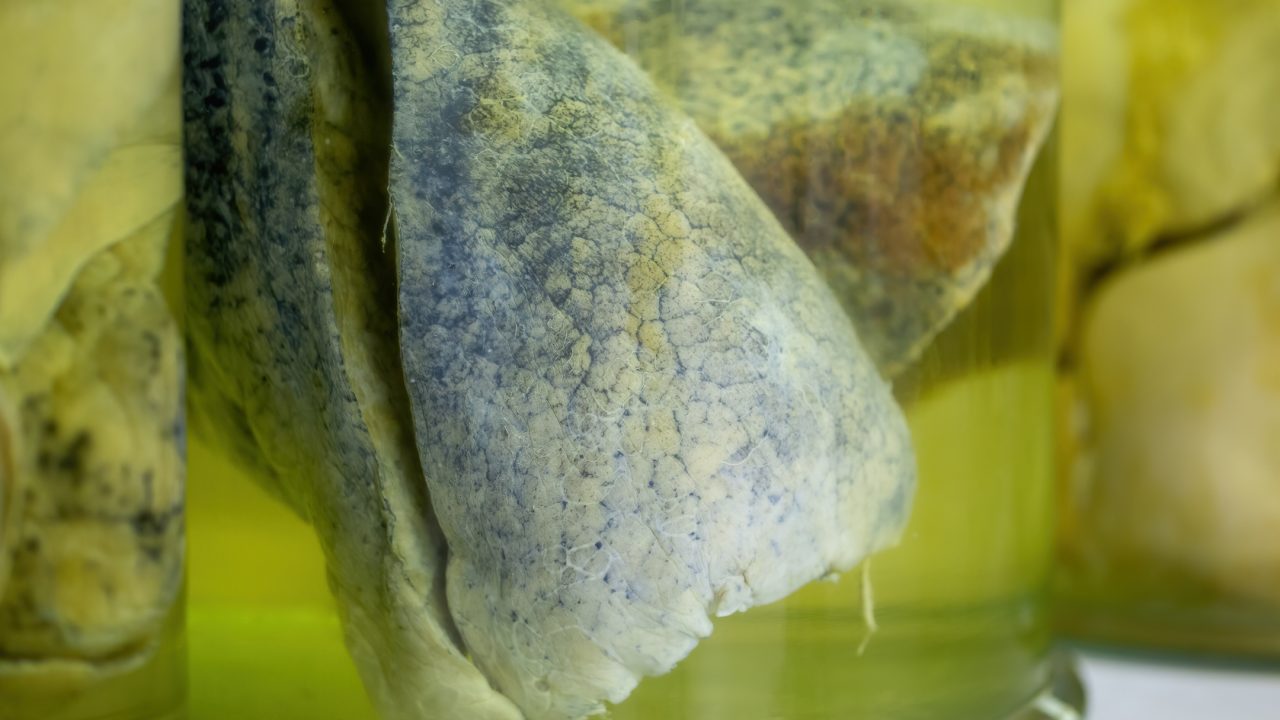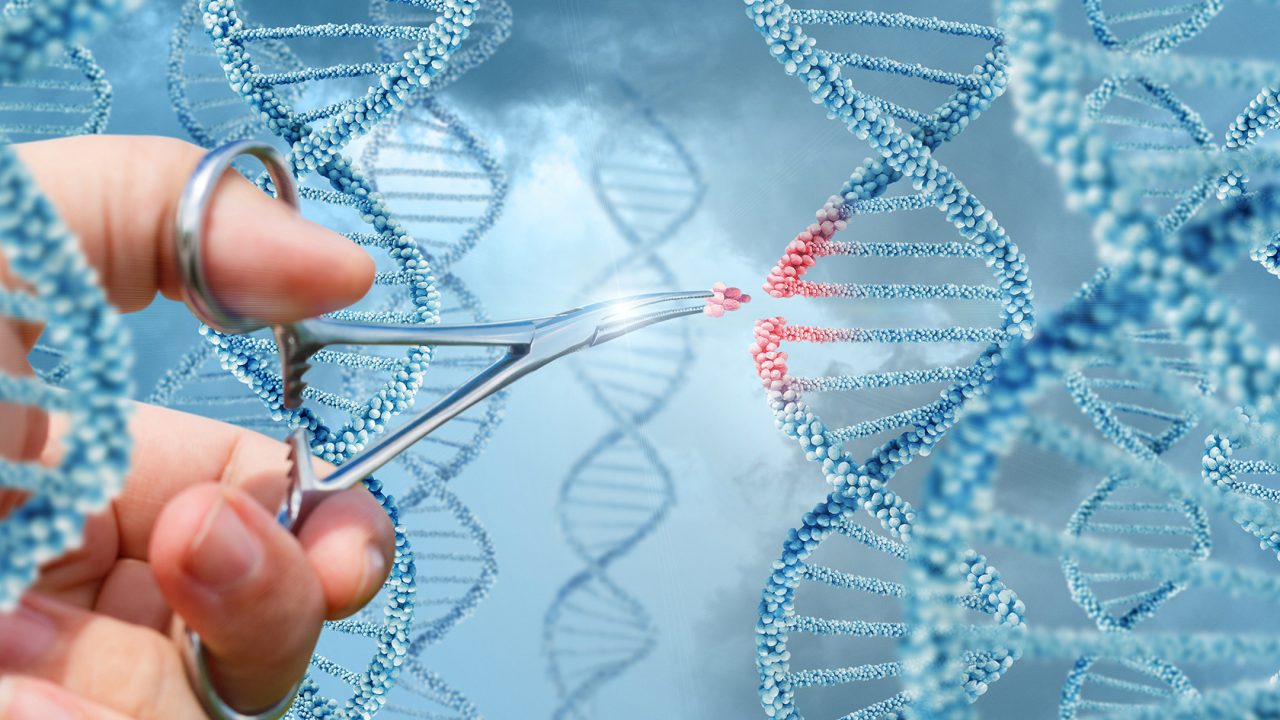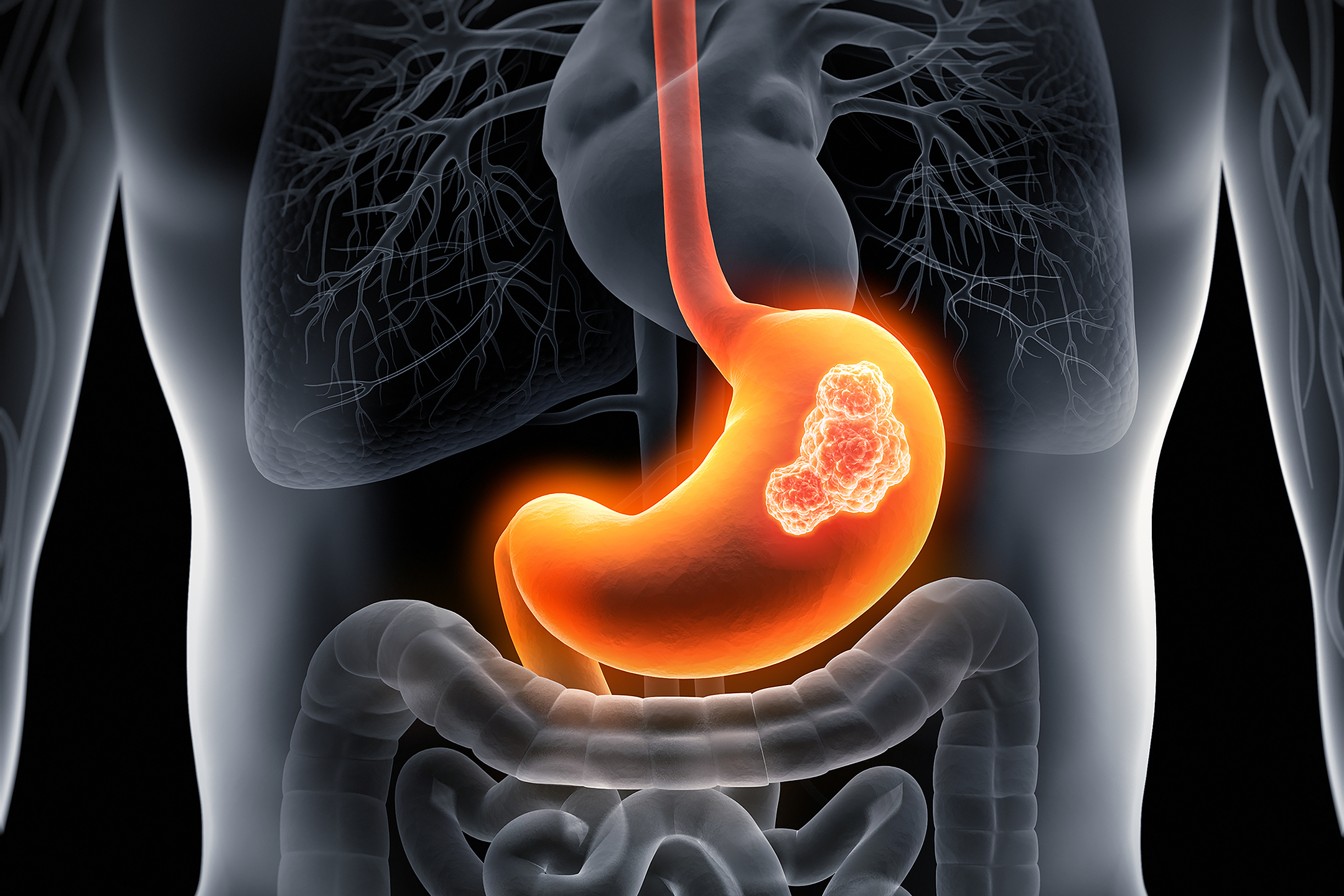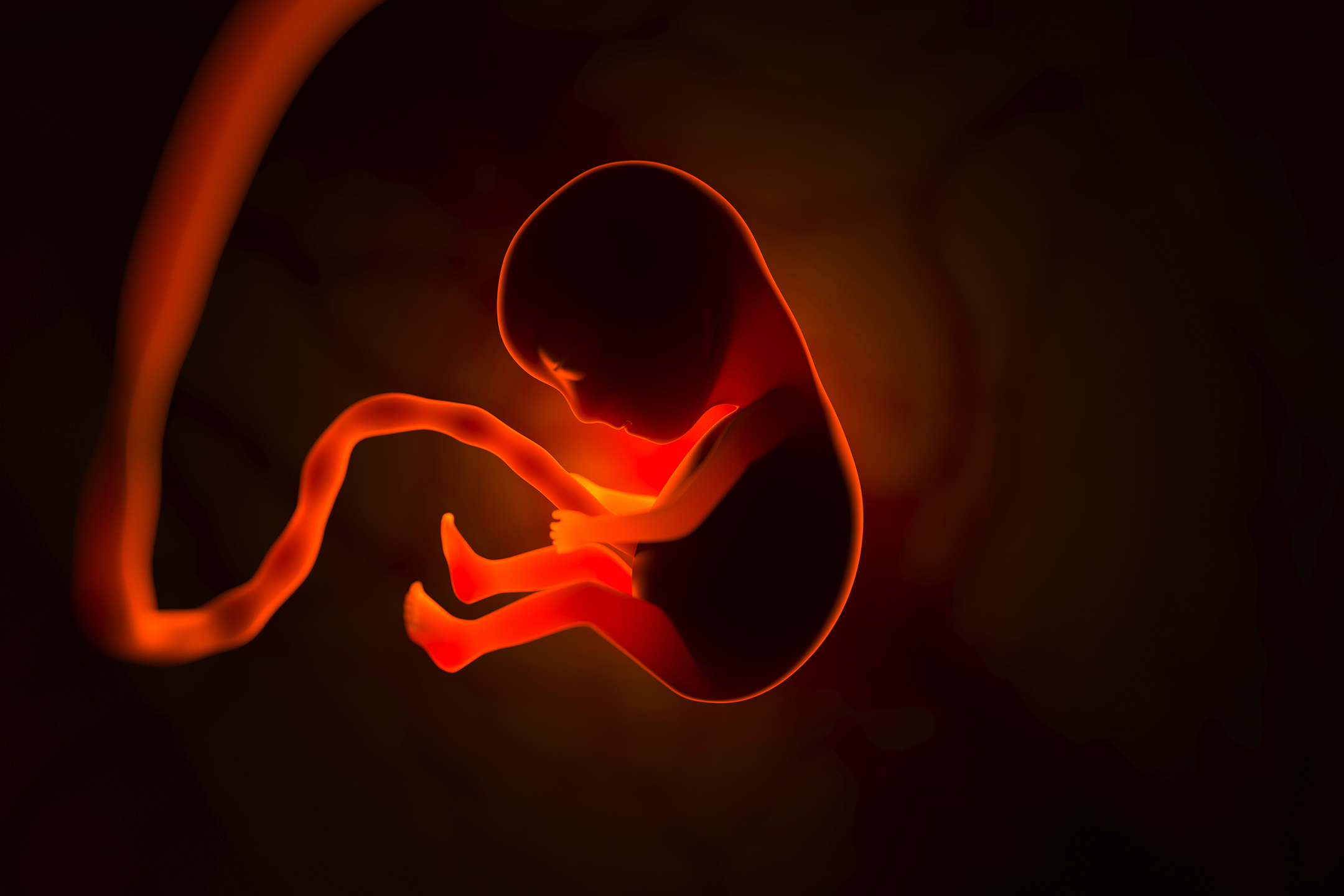Researchers at UTMB find that frustration is an additional factor of addiction based on studies with rats
A team from The University of Texas Medical Branch at Galveston (UTMB) focused on drug addiction research have pioneered a new way to study frustration as a factor in substance use disorders. Traditional addiction research has focused on three aspects of substance use disorders: craving, impulsivity, or habit. Scientists hypothesized that a fourth factor, frustration, could also lead to escalation of drug use and addiction. The Psychopharmacology paper noted that research into the role of...











